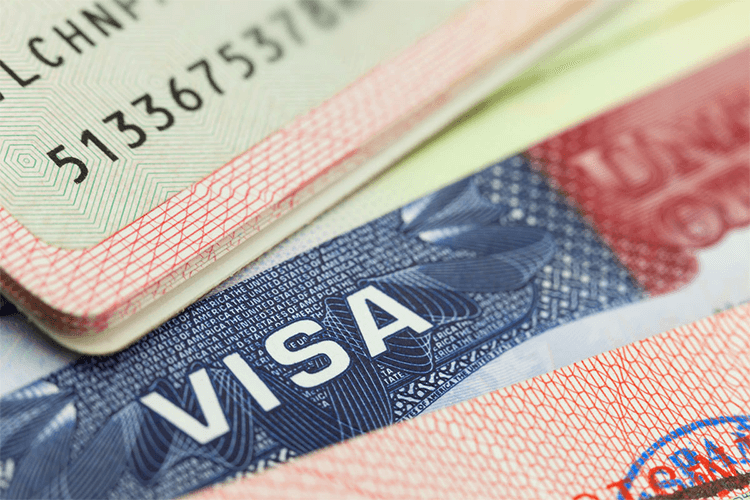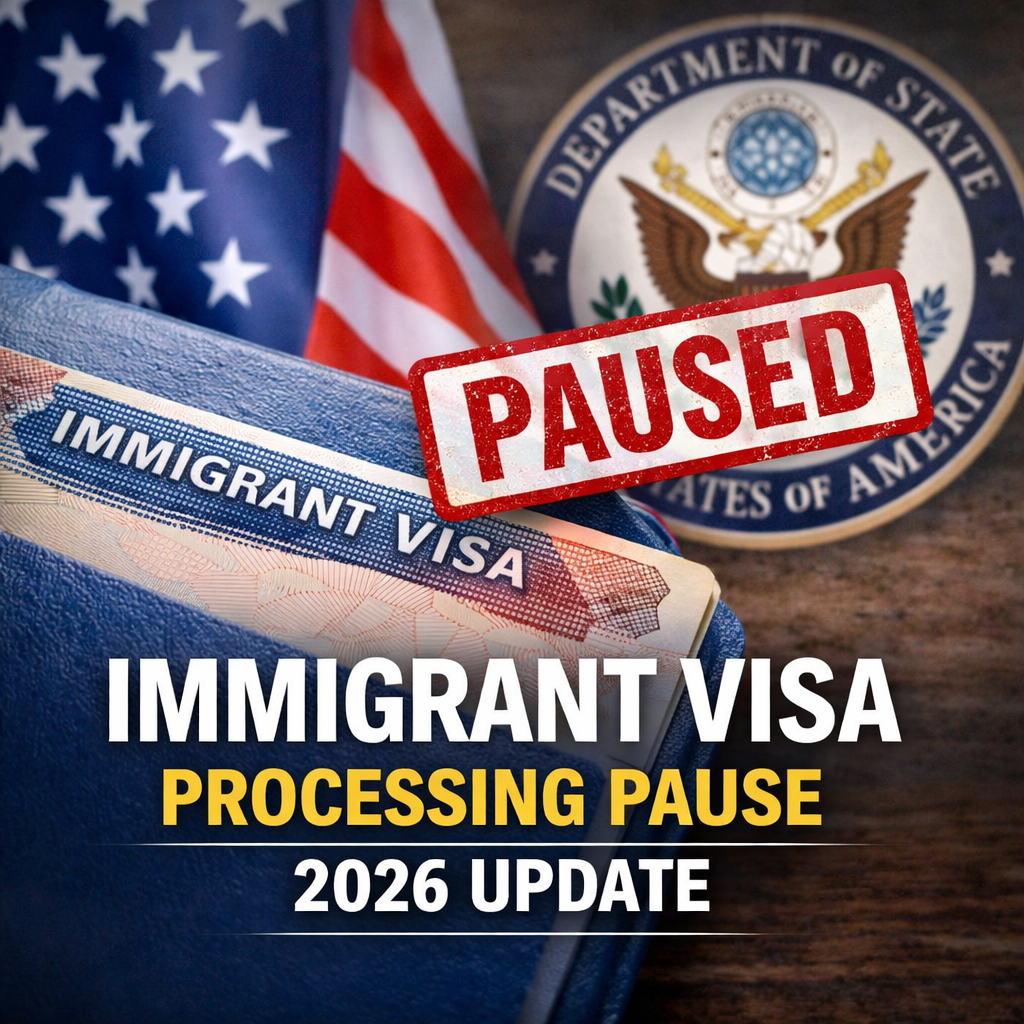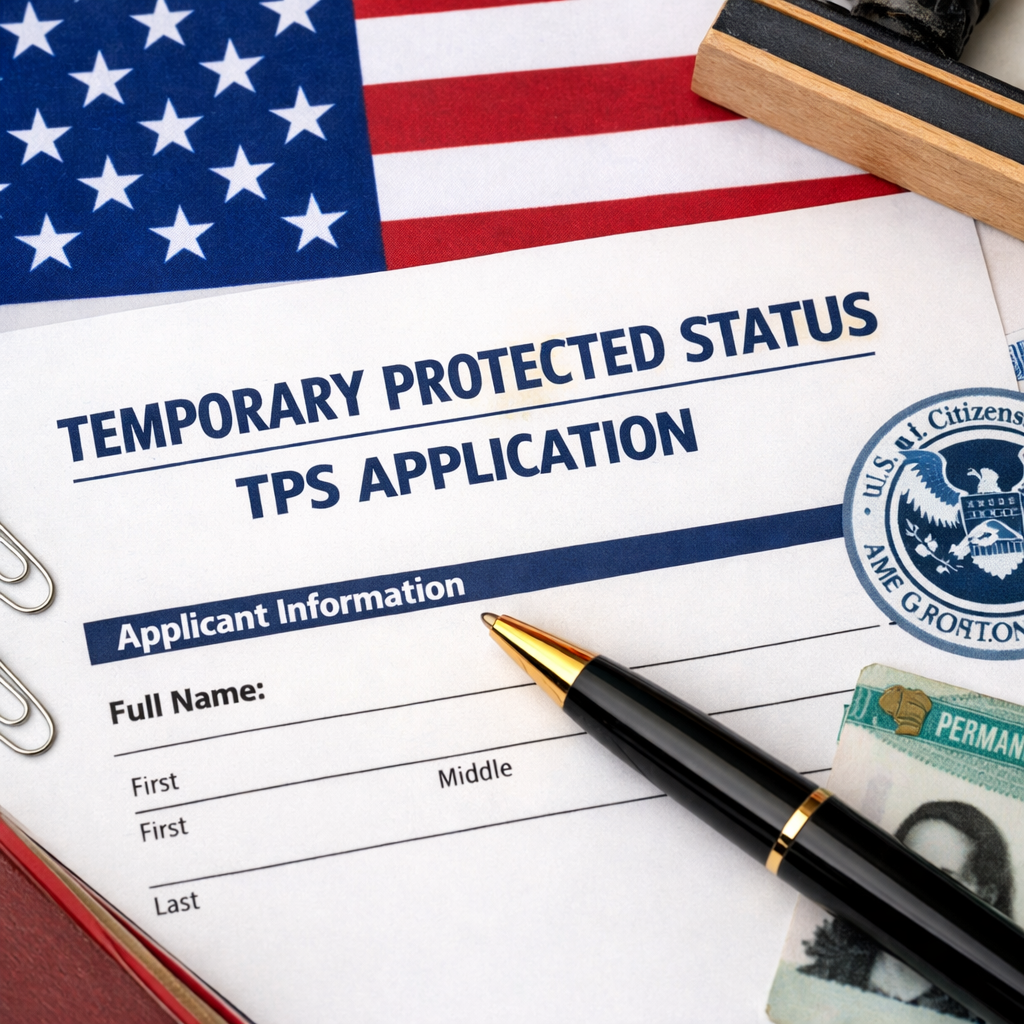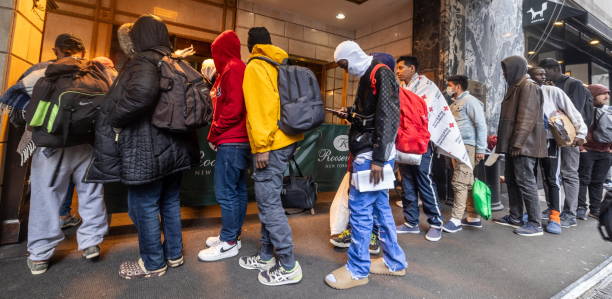Navigating the J-1 Waiver Process: Your Pathway to Employment in the U.S.
For many individuals, the J-1 visa represents a valuable opportunity to gain experience through exchange programs in the United States. However, upon completing their program, participants often face the challenge of either returning to their home country or seeking a waiver that allows them to avoid the two-year home residency requirement. In this post, we’ll explain the requirement, its applicability, and how you can waive it.
Understanding the J-1 Visa and the Two-Year Home Residency Requirement
The J-1 visa is a non-immigrant visa designed to promote cultural exchange by allowing foreign nationals to participate in educational and/or employment-based exchange programs. Participants of the Exchange Visitor Program come to the U.S. for a variety of purposes, including to conduct research, teach, study, obtain practical training in their chosen field, and more.
One significant caveat of the J-1 visa is the two-year home residency requirement, imposed by INA 212(e). According to the U.S. Department of State, “Exchange visitors who are subject to the requirement must return to their home country for an aggregate of two years before they are eligible for certain U.S. visa categories or permanent residency” (source).
Who Needs a J-1 Waiver?
Not all J-1 exchange visitors are subject to the two-year home residency requirement; rather, it applies to those falling into one or more of the following categories:
- Government-Funded Exchange Programs – Exchange visitors who participated in a program that was fully or partially funded by the U.S. government, their home country’s government, or an international organization.
- Specialized Knowledge or Skills – Exchange visitors in programs related to specialized skills listed on their home country’s Exchange Visitor Skills List.
- Medical Professionals – Exchange visitors who participated in a program to receive graduate medical education or training.
Types of J-1 Waivers
Exchange visitors seeking a waiver of the two-year home residency requirement must do so under one of the following five categories:
-
No Objection Statement – The government of an exchange visitor’s home country may issue a statement through its embassy indicating that they have no objection to the J-1 visa holder not returning to fulfill the two-year requirement. “A No Objection Statement must be sent directly from the home country’s government to the U.S. Department of State,” according to the State Department.
-
Interested Government Agency (IGA) Waiver – An agency of the U.S. government with an interest in the visitor’s field of specialization may submit a waiver request. “U.S. federal agencies may request waivers on behalf of exchange visitors if their work is deemed vital to a particular government interest,” according to the Department of State.
-
Persecution Waiver – If an exchange visitor can prove they will face persecution based on race, religion, or political opinion, they can apply for a waiver by submitting Form I-612 to USCIS. “Applicants must demonstrate that they would be persecuted if they returned to their home country,” according to USCIS.
-
Exceptional Hardship Waiver – If the two-year home residency requirement would cause exceptional hardship to a U.S. citizen or lawful permanent resident spouse or child, they can apply for a waiver by submitting Form I-612 to USCIS. “Evidence must be provided showing that the hardship would be greater than the usual difficulties associated with family separation,” as stated by USCIS.
-
Conrad State 30 Program – Specifically for foreign physicians, this program allows them to apply for a waiver by committing to work in a medically underserved area. “Physicians must obtain a recommendation from a designated state public health department,” per the Conrad 30 Program page.
Applying for a J-1 Waiver
Navigating the J-1 visa waiver process requires careful consideration of eligibility criteria, thorough documentation, and adherence to procedural guidelines. This process includes the waiver application, the payment of fees, and the submission of supporting documents from third parties. According to the U.S. Department of State, “All waiver applications must be submitted through the official online portal, and applicants should track their case status regularly.”
Working with an experienced immigration attorney can streamline this complicated process, ensuring that your waiver application is submitted correctly and efficiently.
Want More Information?
For official guidelines and application details, visit the U.S. Department of State’s J-1 Waiver page.
If you’re considering a J-1 visa waiver or need assistance with any immigration matter, contact The Law Firm of Anna Korneeva today at (513) 334-3008.




